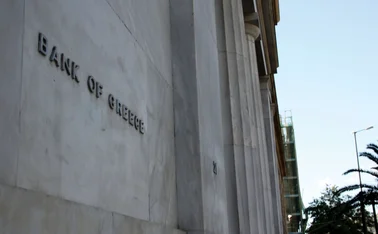
Bank of Uganda warns loss of aid is ‘source of uncertainty’
Ugandan shilling weakens in wake of anti-homosexuality law

The prospect of further cuts in the amount of foreign aid sent to Uganda is a "source of uncertainty" for the economy, the Bank of Uganda said today, as it held its key interest rate at 11.5% for the fourth successive month.
Annual CPI inflation edged down from 6.9% in January to 6.7% in February while GDP growth remains "relatively buoyant" – prompting the central bank to keep its "neutral monetary policy stance".
The Bank of Uganda is, however, concerned by the "potential risk of stronger
Only users who have a paid subscription or are part of a corporate subscription are able to print or copy content.
To access these options, along with all other subscription benefits, please contact info@centralbanking.com or view our subscription options here: http://subscriptions.centralbanking.com/subscribe
You are currently unable to print this content. Please contact info@centralbanking.com to find out more.
You are currently unable to copy this content. Please contact info@centralbanking.com to find out more.
Copyright Infopro Digital Limited. All rights reserved.
As outlined in our terms and conditions, https://www.infopro-digital.com/terms-and-conditions/subscriptions/ (point 2.4), printing is limited to a single copy.
If you would like to purchase additional rights please email info@centralbanking.com
Copyright Infopro Digital Limited. All rights reserved.
You may share this content using our article tools. As outlined in our terms and conditions, https://www.infopro-digital.com/terms-and-conditions/subscriptions/ (clause 2.4), an Authorised User may only make one copy of the materials for their own personal use. You must also comply with the restrictions in clause 2.5.
If you would like to purchase additional rights please email info@centralbanking.com







